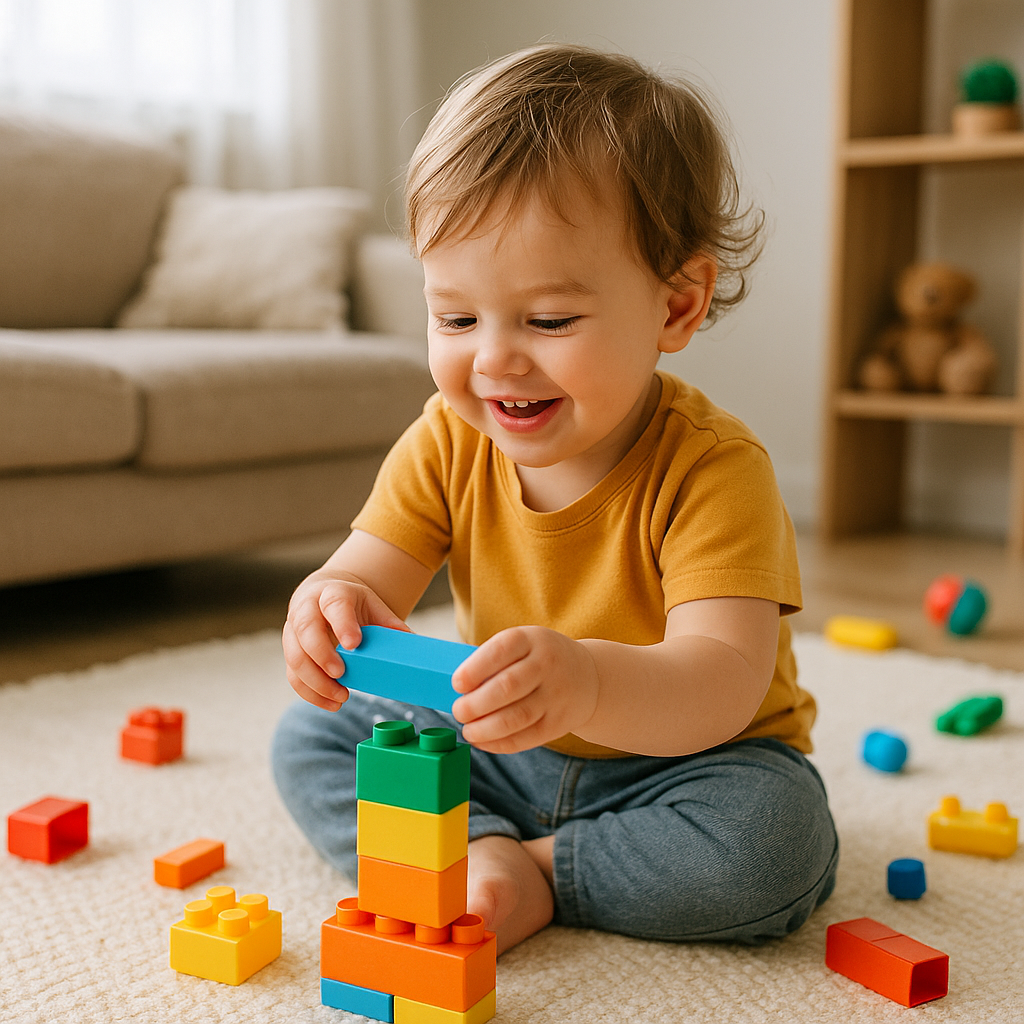
Playtime Isn’t Just a Break: How Play Helps Children Recharge and Grow
Share
Many parents see playtime as simply a break from study or chores. But research suggests that play is much more than that—it’s an essential part of healthy child development.
A study by Ginsburg (2007) published in Pediatrics highlights that play contributes significantly to children’s cognitive, physical, social, and emotional well-being. When children engage in unstructured play, they’re not just resting—they’re actively building skills that prepare them for challenges in school and life.
The Recharge Effect
Playtime works like a natural recharge for kids. It helps reduce stress, improve mood, and boost focus when they return to tasks. According to a study by Pellegrini and Holmes (2006), recess breaks in schools have been shown to improve classroom behavior and attention spans. So, letting kids play is one of the best ways to keep their minds fresh.
More Than Just Fun
When children role-play, build with blocks, or make up stories with toys, they’re developing problem-solving skills and creativity. Play also teaches kids how to negotiate, share, and resolve conflicts—key skills for emotional resilience.
How Parents Can Support Healthy Playtime
-
Encourage free play: Give your child time and space to play without strict rules or screens.
-
Join in: Playing together strengthens bonds and models positive social interactions.
-
Provide varied play materials: Simple toys like blocks, costumes, or art supplies open endless possibilities.
Playtime is not just downtime—it’s a powerful tool for growth. So, next time your child asks to play, remember: they’re not wasting time; they’re investing in their future.
📚 References
-
Ginsburg, K.R. (2007). The Importance of Play in Promoting Healthy Child Development and Maintaining Strong Parent-Child Bonds. Pediatrics, 119(1), 182-191.
-
Pellegrini, A.D., & Holmes, R.M. (2006). The Role of Recess in Primary School. Educational Researcher, 35(1), 13–19.
